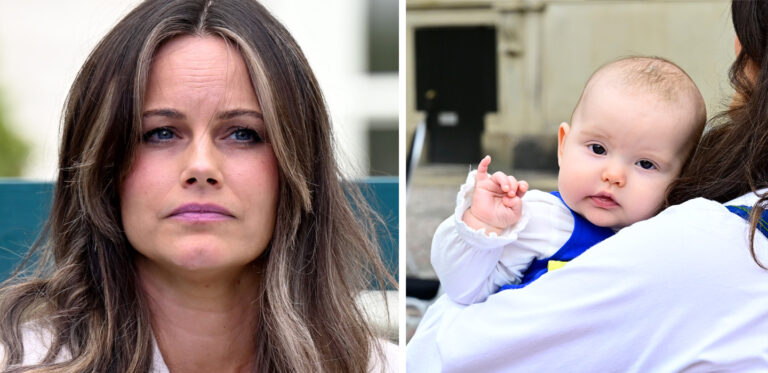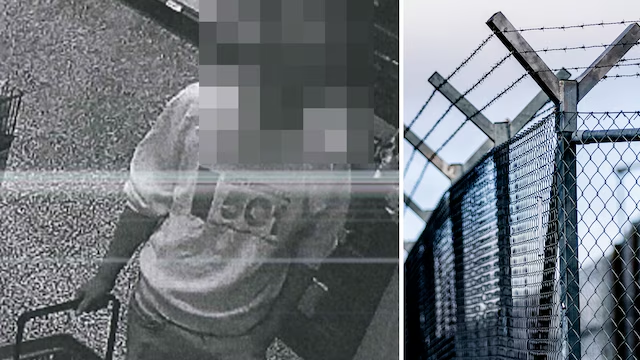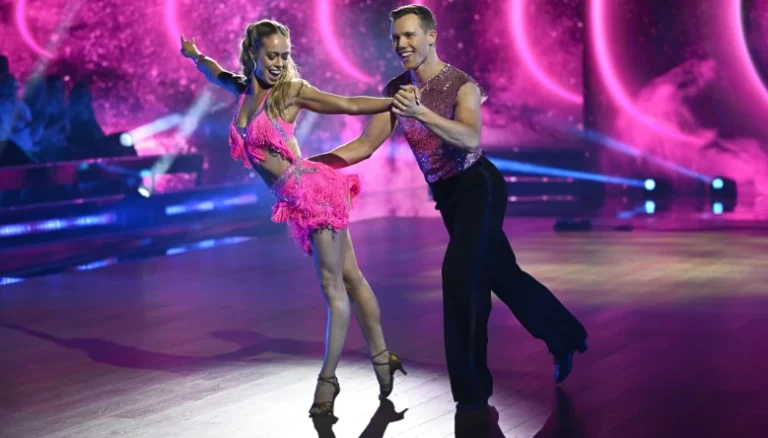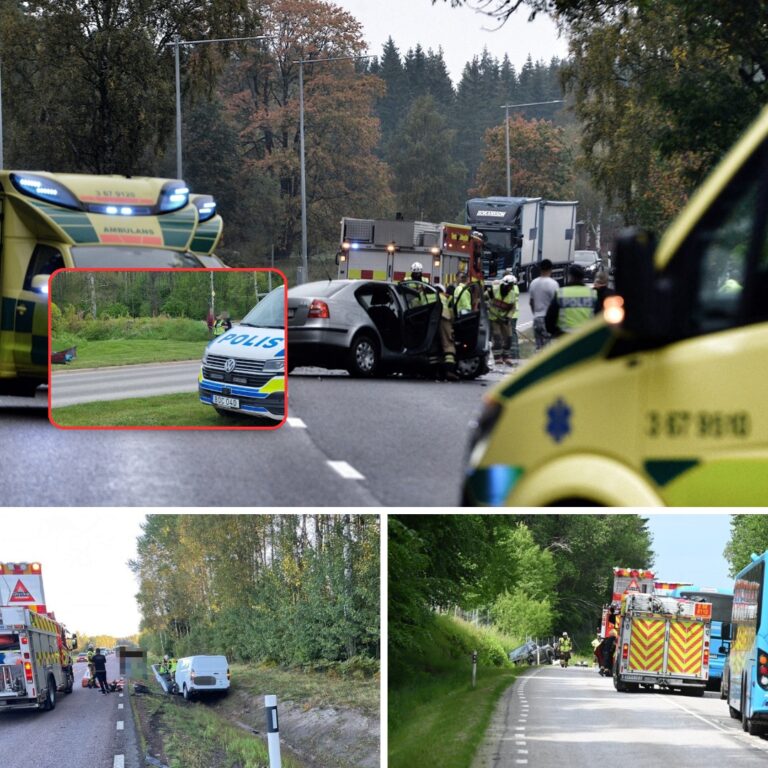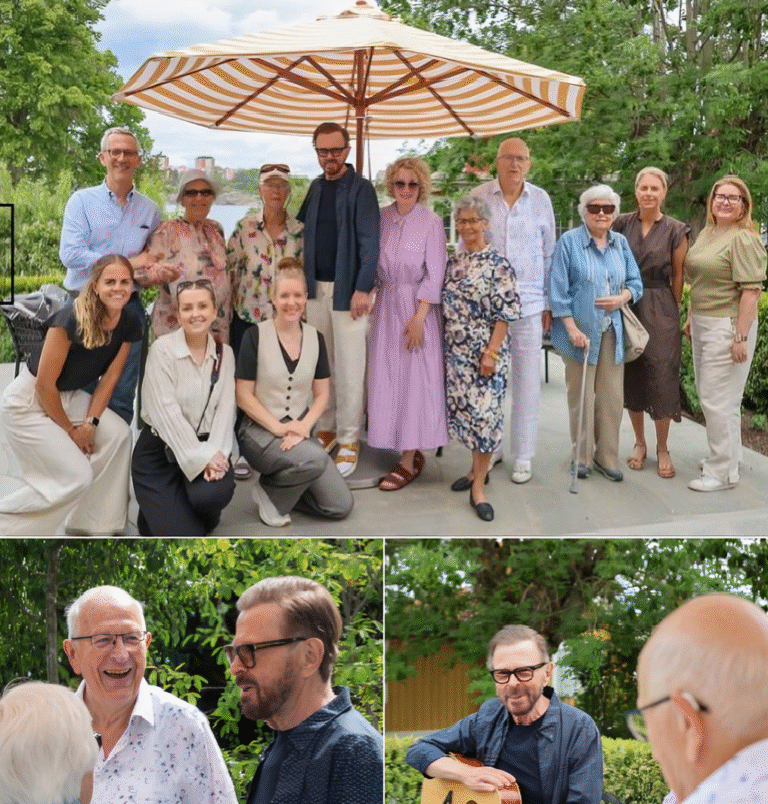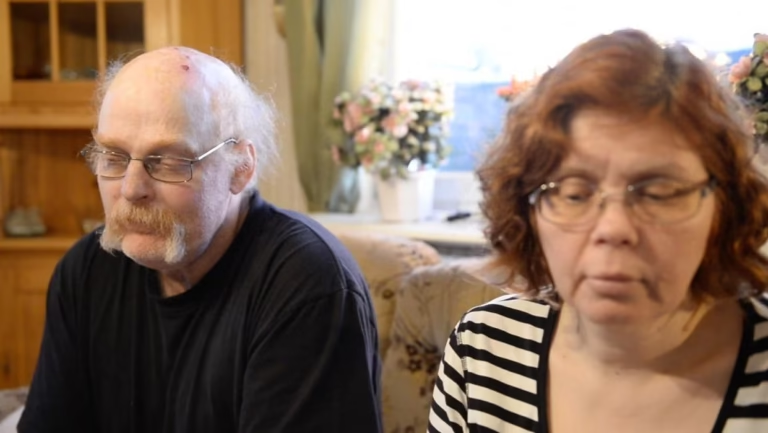100s Of Bikers Buried The Little Boy Nobody Wanted Because Dad Was Murderer!
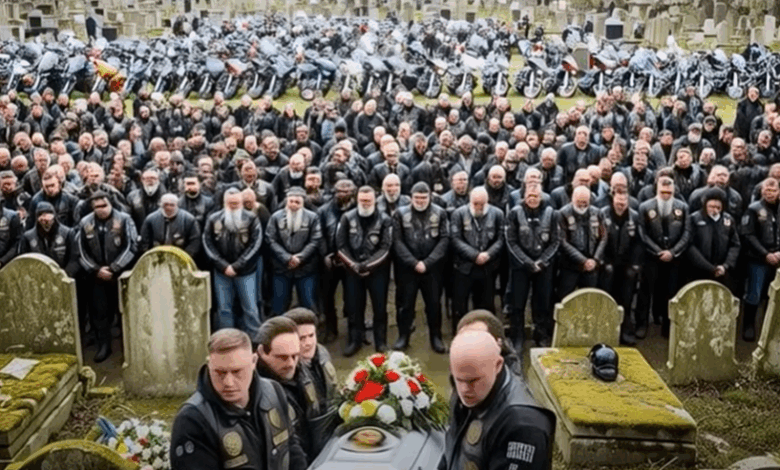
The rain had just stopped when my phone rang. It was Frank Pearson, a funeral director I’d known for years. His voice was trembling. “There’s a boy here,” he said. “Ten years old. White coffin. No one’s coming.”
The boy’s name was Tommy Brennan. He’d died after a three-year fight with leukemia. His grandmother, the only person who’d been with him through every treatment, had suffered a heart attack the day before the funeral and was now in intensive care. Everyone else—gone.
Tommy’s father, Marcus Brennan, was serving life without parole for killing three men in a drug deal gone wrong. The press had made him infamous. And in this town, the sins of the father never washed off the son. The foster family didn’t want to be connected. The church declined to hold the service. Even child services said they’d “done their part.”
Frank told me the boy was going to be buried in a potter’s field. No service, no pallbearers, no words spoken. Just a number on a small marker.
“Can you bring a few guys?” Frank asked. “I can’t bury him alone.”
I hung up and headed for the clubhouse.
When I blew the horn, forty Nomad Riders came out from every direction—men who’d seen war, prison, heartbreak. “Brothers,” I told them, “there’s a ten-year-old boy being buried tomorrow. No family, no friends. His only crime was being born with the wrong last name. I’m going. Anyone who believes no child should go into the ground alone—ride with me.”
For a moment, nobody spoke. Then Old Bear said, “My grandson’s ten.” Hammer nodded. “Mine too.” Whiskey, who rarely talked about his past, whispered, “My boy would’ve been ten.”
Big Mike, our president, stood up. “Call every club you know,” he said. “This isn’t about colors or territory. This is about respect.”
The calls went out. Within hours, the message spread—club to club, state to state.
The next morning, Frank was pacing outside the funeral home when we arrived. “I thought you said a few,” he said, wide-eyed.
The street was shaking with the sound of engines. Nomads. Iron Horsemen. Devil’s Disciples. Screaming Eagles. Clubs that hadn’t spoken in decades. Rivals. Enemies. Friends. All of them came. More than three hundred bikes lined both sides of the street.
Inside, the chapel looked heartbreakingly small. A white coffin sat at the front with a single bouquet of supermarket carnations. That was it.
One of the men muttered, “That’s all they gave him?”
Frank nodded. “The hospital sent those. It’s… policy.”
Big Mike growled. “Not anymore.”
The bikers filed past the coffin one by one. Men with calloused hands and weathered faces laid down teddy bears, toy motorcycles, and flowers. One placed a child-sized vest that read Honorary Rider. Another knelt and whispered a prayer.
Tombstone, a Vietnam vet, stepped forward and placed a photo of his own son on the casket. “My boy Jeremy was ten when cancer took him,” he said quietly. “I couldn’t save him. But you’re not alone, Tommy. Jeremy will show you around up there.”
That broke every hard shell in the room. Men who’d fought wars and buried brothers stood there crying for a kid none of them had ever met.
Then Frank’s phone rang. He answered, listened for a second, and went pale. “It’s the prison,” he said. “Marcus Brennan heard about the funeral. He’s on suicide watch. He wants to know… if anyone came.”
Big Mike took the phone. “Marcus, this is Mike Watson, president of the Nomad Riders. We’re here for Tommy. Three hundred twelve bikers from seventeen clubs. Your boy’s got more family than most men alive.”
The line went quiet. Then we heard sobbing. Marcus’s voice came through, rough and broken. “He loved motorcycles,” he said. “Had a toy Harley he slept with. Said he wanted to ride one day.”
“He’s riding now,” Mike told him. “Every run, every charity ride, every Memorial Day—Tommy’s coming with us. That’s a promise.”
Marcus cried harder. Between breaths, he told stories about his son—how he built Lego garages for toy bikes, how he faced chemo with a grin, how he never stopped asking, “Does Dad still love me?” He apologized again and again.
When he said, “I should die knowing I failed him,” Snake cut in. “No, man. You live. You live because three hundred men showed up for your boy. You live because he mattered. Don’t throw that away.”
Old Bear added, “You use this pain. Tell the other fathers in there what it costs to let hate run your life. Make your son proud.”
Marcus didn’t speak for a long time. Then he whispered, “Will you bury him right?”
Mike looked at me, and I said, “We’ll give him the send-off of a warrior.”
Six men—each from a different club—carried the coffin. Three hundred more followed, engines growling low, a rolling heartbeat of thunder. The cemetery shook with it.
Chaplain Tom, from the Christian Riders, spoke at the grave. “Tommy Brennan was loved,” he said. “By his grandmother, by his father, and by everyone here today. Love outlives mistakes. It outlives death.”
As the coffin was lowered, Mike signaled the riders. Three hundred engines roared in unison—a sound so fierce it rattled windows for miles. We knew Marcus could hear it inside his cell. We wanted him to.
That could’ve been the end of it. But it wasn’t.
Marcus didn’t take his life. He started something inside the prison called Letters to My Child, helping inmates write to their sons and daughters. Within a year, it spread to twelve facilities. Counselors said it changed lives.
Tommy’s grandmother recovered. When she was strong enough, she joined our next charity run. We gave her a leather vest that read Tommy’s Grandma. She rode in the lead van, baking cookies for every event.
Tommy’s grave is never empty. Riders stop by every week, leaving flowers, toy bikes, and patches. The groundskeeper says it’s the most visited grave in Peaceful Pines.
And every time I ride past it, I swear I feel him there — little Tommy Brennan, finally on the motorcycle he always dreamed of, riding free beside us.
Because in a world that judged him by his father’s crimes, three hundred strangers decided to see only the child — innocent, brave, and worth showing up for.
And that’s what this whole thing comes down to: no child, no matter where he came from, should ever go into the ground alone.
